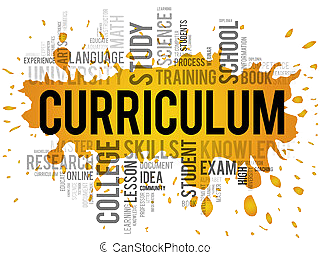CRSM Curriculum
Guiding compass that navigates students through the educational landscape, empowering them to become knowledgeable, ethical, and well-rounded individuals.
It is a testament to the school's commitment to shaping the leaders and innovators of tomorrow.
As education continues to evolve, so does the CRSM curriculum, ensuring that it remains relevant, engaging, and impactful in preparing students for a dynamic and interconnected world.

CRSM

CRSM

CRSM

CRSM

CRSM

Stay Connected
Check out the latest post on CRSM Blog
- + 88 ( 9800 ) 6802
- contactdesk@crsm.ng
-
The CRSM Secretariat,
Km 46, The Redemption Camp,
Lagos - Ibadan Express Road.
Ogun state. Nigeria.
